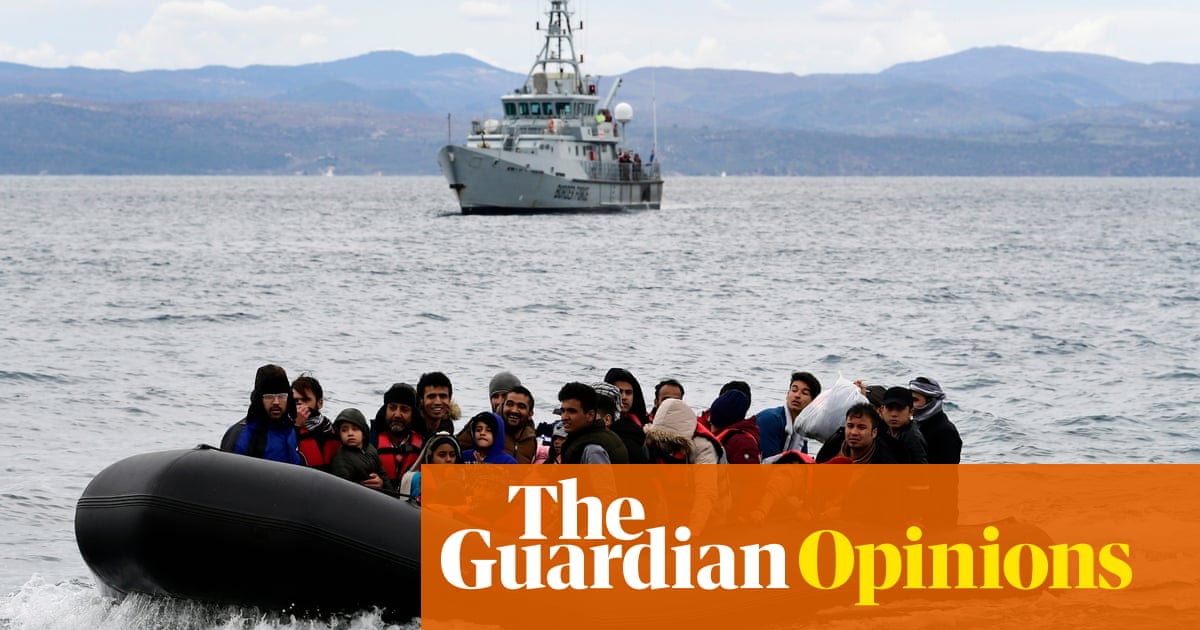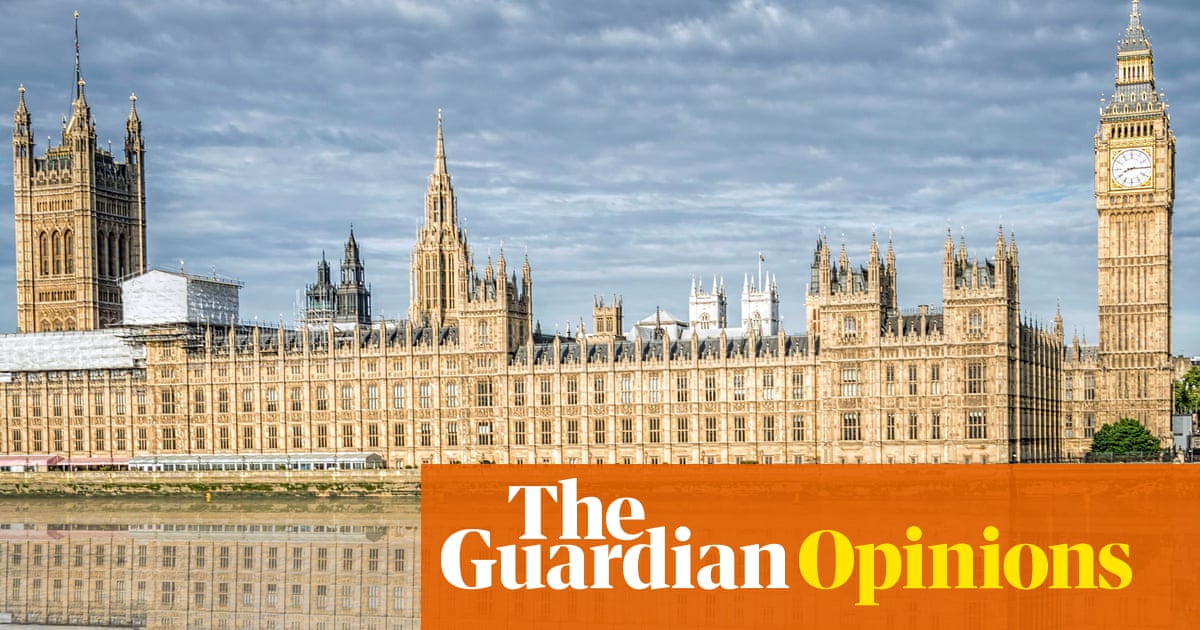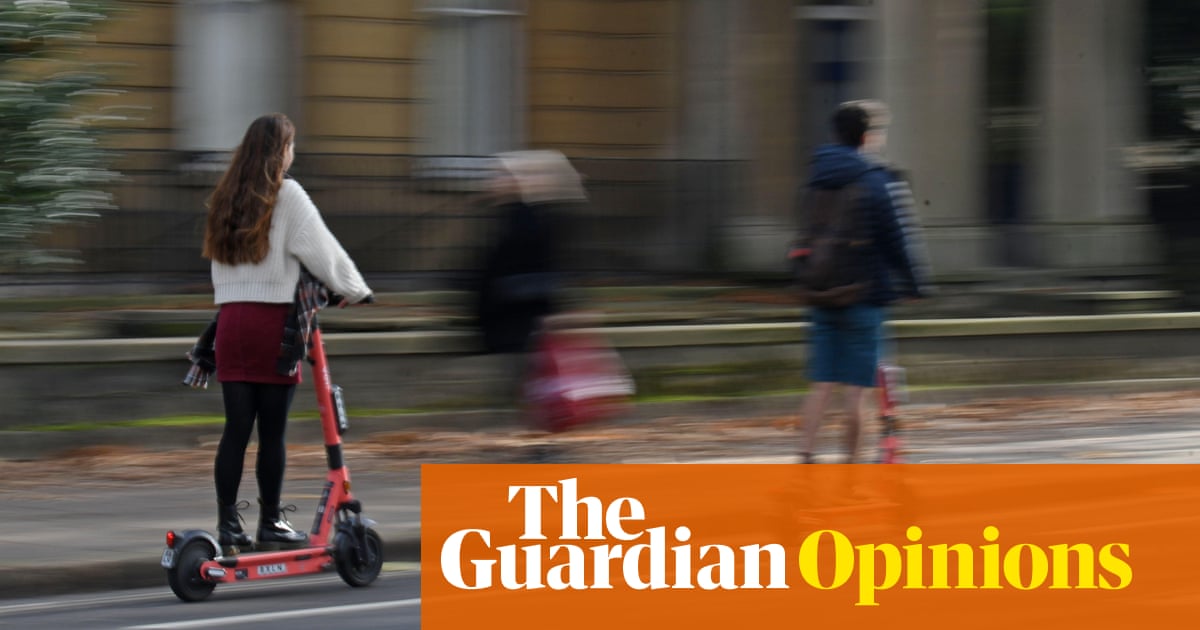
his crisis has revealed how arbitrary the phrase “low skilled” is: how we value people, their rights, what they’re paid and the conditions they work in is all wrong. For all its warm words about key workers, the government should be reminded of this.
The day Dominic Raab encouraged us all to clap for the workers who are risking their lives to keep society going, the government restated that some of those same people won’t be allowed in the country come January 2021. While Priti Patel is conspicuously absent – notably on immigration issues – the department she oversees decided now was the time to reiterate that as part of its new immigration rules, “low-skilled” people would not be able to apply for a UK work visa.
Millions of key workers in the UK are migrants – approximately 23% of all hospital staff, including 29% of doctors and 18% of nurses, 20% of agricultural workers, more than 40% of food production workers and 18% of care workers, rising to 59% in London. These are the human beings who, for decades, politicians have blamed for holding down wages, ruining “British culture” and overburdening public services.
If the government forges ahead with its plans, recognising them as key workers will be just a momentary suspension of the norm. Many of them were dismissed as low skilled before the crisis, and it seems they will be once again when it’s over.
The government’s post-Brexit immigration plans are a mix of salary thresholds and a clear determination to stop people it deems to be low skilled coming to the UK. It seems that it plans to change the system in some ways, while expanding an already unfair, discriminatory system for non-EU migrants to include their EU counterparts. Swept up into this category will likely be some of the people it is praising now: the migrant care workers, hospital porters, bus drivers and cleaners who are keeping us safe and keeping society functioning.
Your value, the rights you can access, whether you can settle in this country: none of that should be decided by your job or how much money you have in your bank account. But neither should it take a crisis to make this clear; you shouldn’t have to risk your life or die trying to help others to be seen as a human being.
The sacrifices people are making should be recognised and remembered. But their humanity should not depend on how they help “us”. For decades this has been exactly the kind of immigration system politicians have argued for: one where migrants who benefit “us” and “our economy” are “allowed” to come here, and everyone else is a problem. People moving to the UK have for too long been treated as disposable commodities, their rights determined by how useful they are seen to be. This is the very essence of the points-based system.
That’s why the government sometimes chooses to apply the rules differently to particular groups of people. It can, for instance, give out automatic one-year visa extensions to some health workers, at the same time as doubling down on the immigration system that dismisses other key workers.
So, if a shift is happening in society, it can’t just be piecemeal. We cannot repeat the same dehumanising ideas, where people are either framed as “cockroaches” and “illegals”, or as “productive” and “useful” workers; bad migrants v good migrants. Recognising low-skilled workers as key workers should be a starting point, not an end point, to change the immigration debate.
The government’s treatment of all migrants matters. As it has reissued statements on low-skilled workers, it has been remarkably quiet on certain key migrants’ rights issues during this crisis. Over the past few weeks I’ve spoken to people who are terrified about becoming destitute because the conditions attached to their visa bar them from accessing financial support. There are those who are scared to access healthcare because of the hostile environment. And the charity Detention Action has found that not only are people still being put in immigration detention, some are being detained when presenting with coronavirus symptoms. These people are consistently overlooked because they aren’t seen to matter.
But if recognising our common humanity is something we can do when Boris Johnson is admitted to intensive care, the same should be possible for all people, regardless of their immigration status. All migrants’ rights should matter. Not just in a crisis, but all the time.
• Maya Goodfellow is a writer and academic, and the author of Hostile Environment: How Immigrants Became Scapegoats












